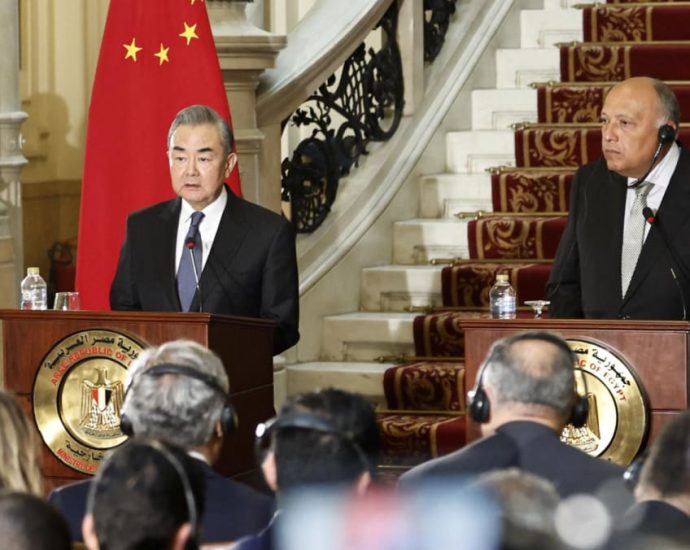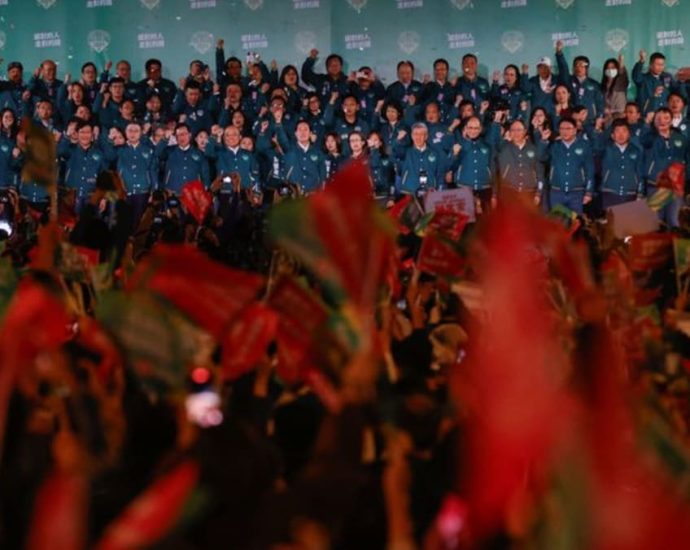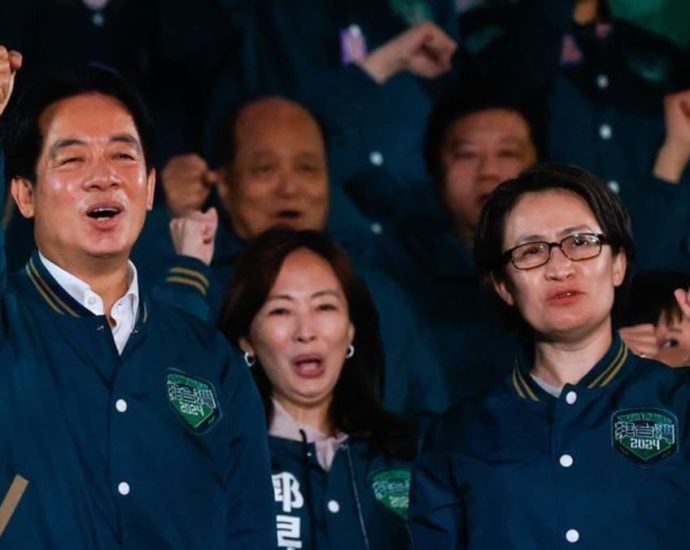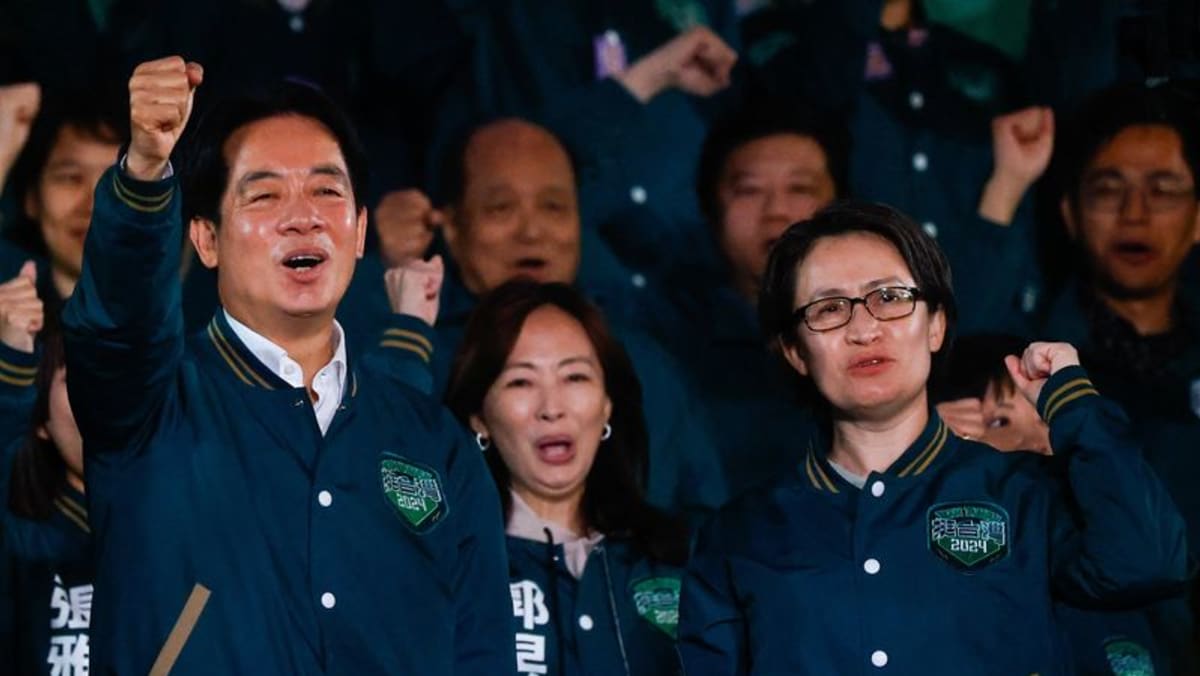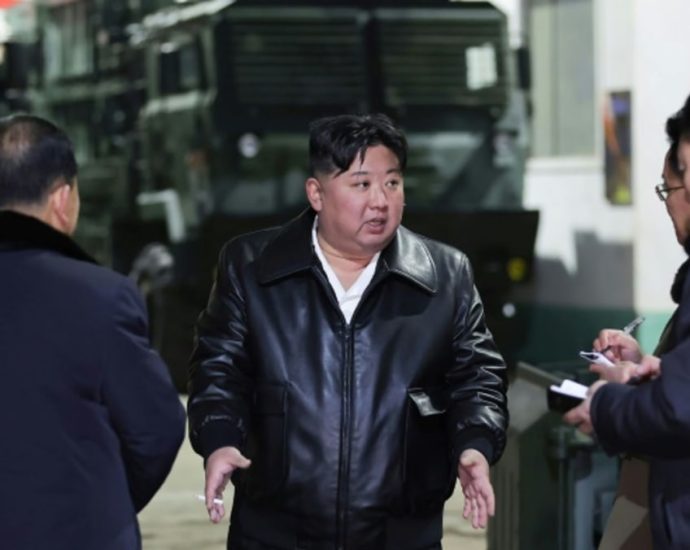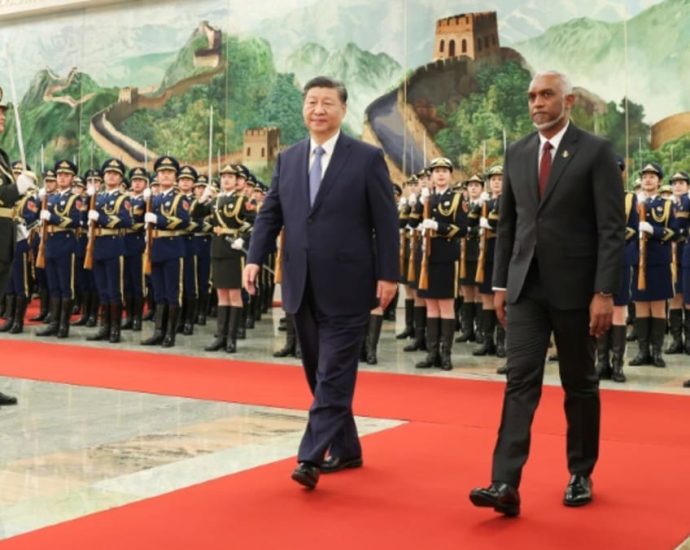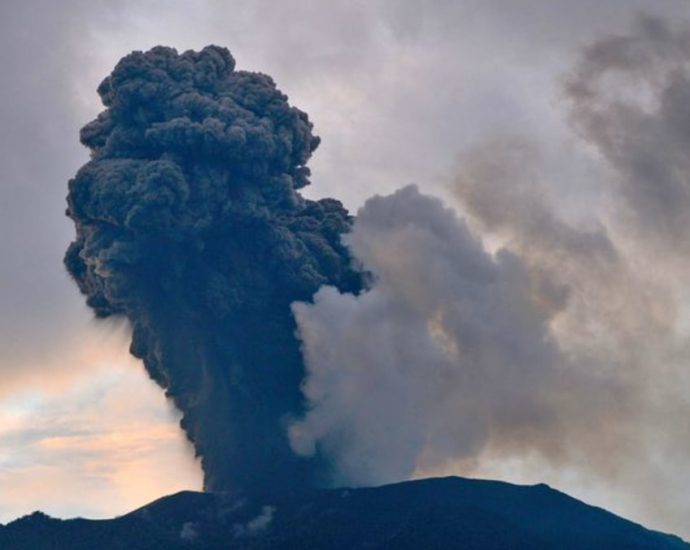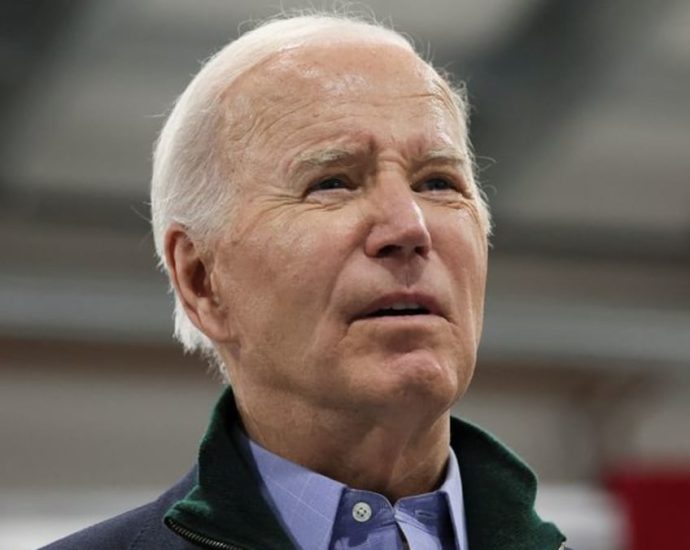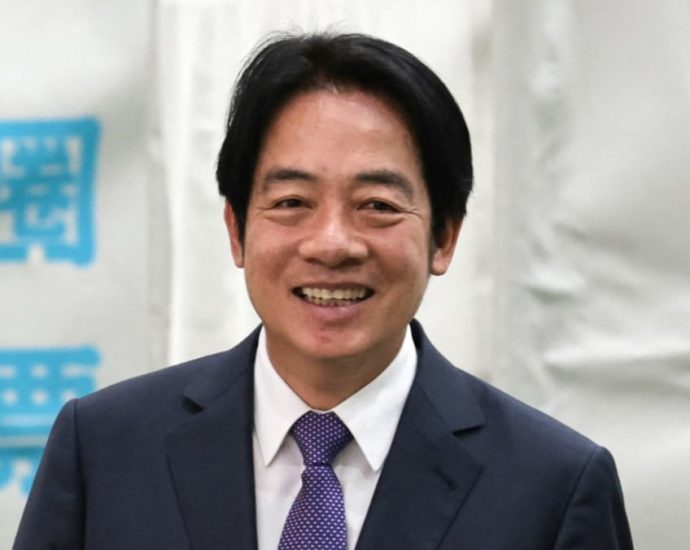Maldives calls for withdrawal of Indian troops by March 15
MALE: The Maldives has called for India to withdraw troops from its territory by March 15, an official said on Sunday (Jan 14), in a step that will further strain ties between South Asian neighbours. President Mohamed Muizzu won election last year with a pledge to end the Maldives’ “IndiaContinue Reading


